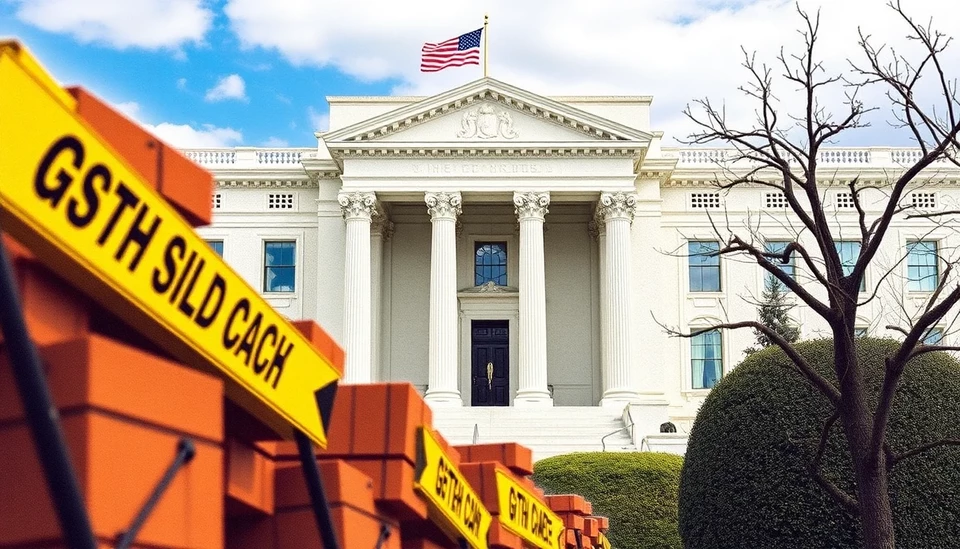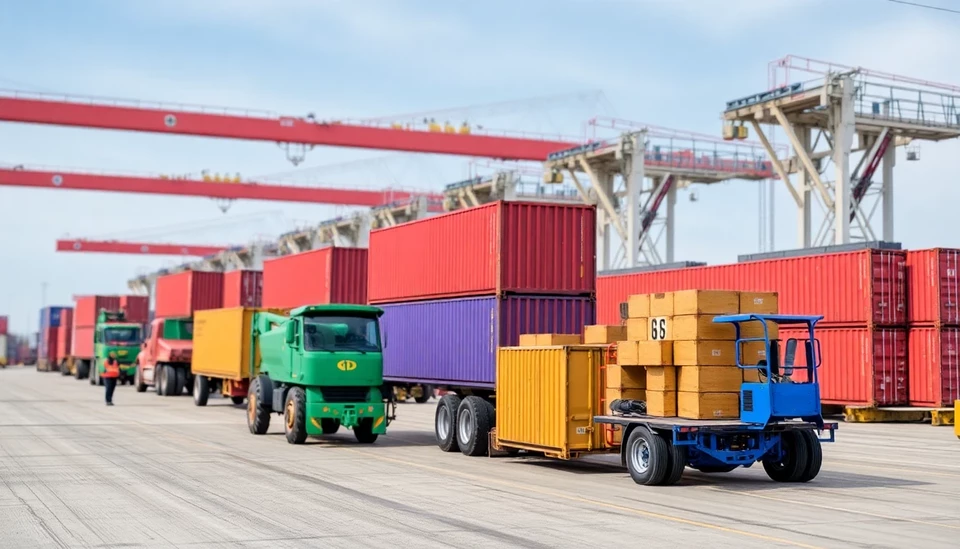
In a critical development that could reshape the economic landscape, the introduction of new tariffs has put the Federal Reserve in a difficult position, raising fears over growth and inflation. As these tariffs take effect, economists and analysts are closely monitoring their implications on both domestic and international markets.
The new tariffs, which target a variety of imported goods, are part of a broader strategy aimed at protecting domestic industries. While the intention behind these tariffs is to bolster American manufacturing and reduce dependency on foreign markets, the potential repercussions are causing concern among policymakers and economic experts alike.
Many fear that the tariffs could lead to increased prices for consumers and businesses, effectively driving up inflation. With the cost of goods expected to rise, American families may face heavier financial burdens, impacting their purchasing power. This spike in costs might compel the Federal Reserve to reassess its current monetary policy, particularly as it pertains to interest rates.
Furthermore, analysts predict that the tariffs could stifle economic growth by discouraging investment and trade. The uncertainty surrounding international trade relationships may lead to a slowdown in economic activity as companies navigate the complexities of new regulations and costs associated with tariffs. This potential dip in growth presents an additional challenge for the Federal Reserve, which has been trying to maintain a balance between fostering economic expansion and controlling inflation.
Interestingly, the Fed’s dual mandate of promoting maximum employment and stable prices is now under further strain. With inflationary pressures mounting due to rising tariffs, the central bank may be compelled to raise interest rates sooner than expected. Such a decision could have far-reaching effects on borrowing costs for consumers and businesses, potentially leading to a ripple effect throughout the economy.
In light of these developments, market analysts are re-evaluating their forecasts. The anticipated impacts of the tariffs on consumer spending, business investment, and overall economic growth are being scrutinized, with many adjusting their projections to account for the added uncertainty. Investors are advised to stay vigilant as the situation develops, as the financial markets may respond sensitively to changes in Fed policy and economic indicators influenced by the tariffs.
As the Federal Reserve prepares to navigate this challenging economic terrain, all eyes will be on its upcoming policy decisions. The balancing act between addressing inflation concerns and ensuring robust economic growth will be a focal point for policymakers and investors in the coming months.
In conclusion, the recent implementation of tariffs has not only heightened concerns regarding inflation but also sparked a complex debate about the future of economic growth in the United States. The Federal Reserve faces an uphill battle in addressing these intertwined challenges, making it crucial for all stakeholders to keep a close watch on how events unfold.
#Tariffs #FederalReserve #Inflation #EconomicGrowth #TradePolicy #MonetaryPolicy #MarketAnalysis
Author: Daniel Foster




